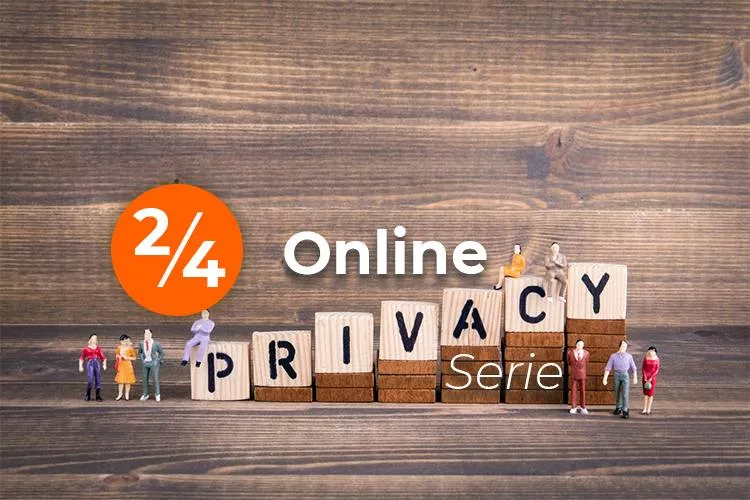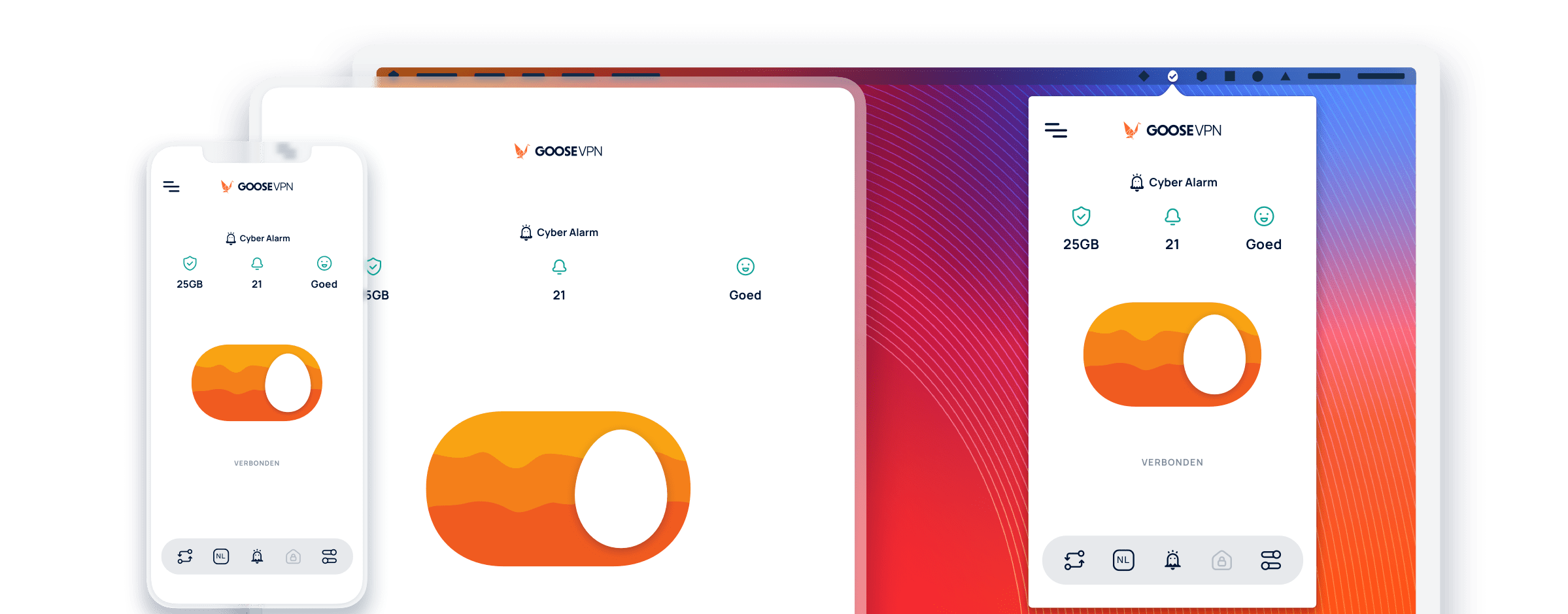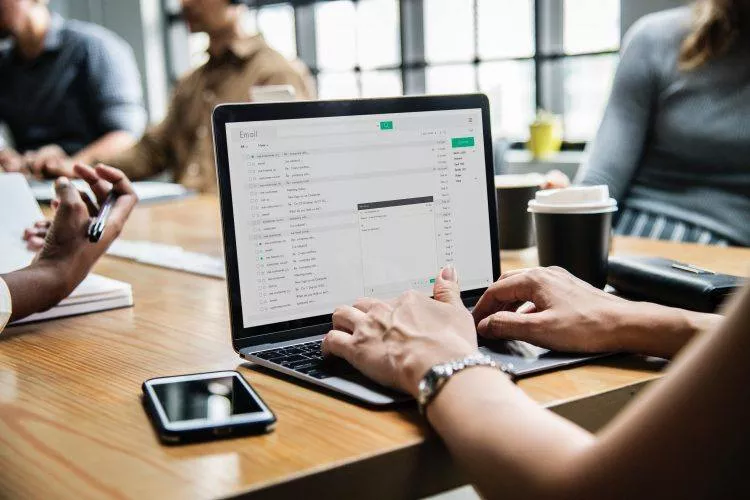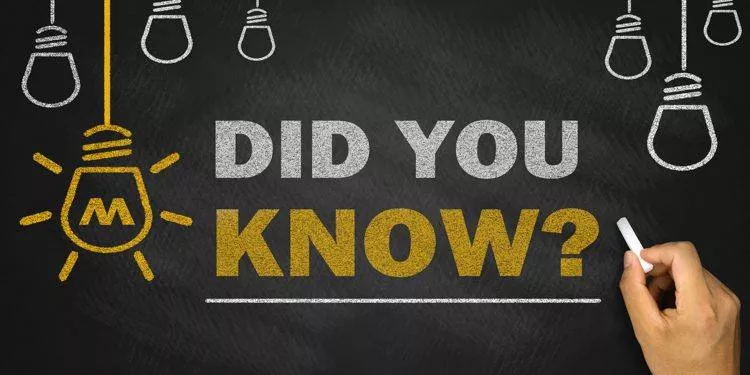
The Importance of Online Privacy (II): Consequences of being online
Brace yourselves, because in this article, we’ll give you a brief overview of everything that Google, Facebook and a few other corporations know about you.
Google: An ocean of information (on you)
It should be quite clear that Google retains everything you’ve ever entered into the search bar, but did you know that your searches are still saved on Google’s servers, even when you’ve deleted them? This applies to all of your devices and it isn’t limited to searches: everything you have ever done with your Google Account is stored by Google, this includes every Google app you’ve ever used (like Google Maps) and every video you’ve ever watched or searched for on Youtube. Through Google Diary, they have an exact record of all of your appointments and they also store all the files you’ve saved or shared through Google Drive (including files you’ve deleted). If you use Gmail, they also have access to every e-mail you’ve ever sent or received. Unless you have location tracking turned off on your cellphone, Google even knows where you are and has a record of everywhere you’ve ever been. Using this ocean of information, Google can offer you increasingly personalised advertisements, but they also gain a very detailed picture of who you are and what you’re doing.
Facebook: (Anti) Social Network?
Naturally, Facebook has a record of everything you’ve ever liked and everything and everyone you’ve searched for, but even your ‘personal’ chat messages are stored and mined for data. The same goes for all the apps you’ve connected Facebook to. Facebook also keeps track of when you log in, where you log in and from what device you’re logging in from (your location is also saved when you check in with Facebook somewhere). If you liked something on another website through Facebook, then these websites are no longer a secret for them either. But wait, it gets worse. If you give Facebook permission to import your contacts from your cellphone, you’ll also be allowing Facebook access to a lot of other data as well: this is not limited to contacts, but includes your call, text and WhatsApp history. With this kind of data, you don’t just gain a lot of insight into the lives of people, but you can even predict what it is they’re going to do in the future. Facebook itself has even admitted a few years ago that, because of all of this data, they are even capable of predicting which romantic relationships will last and which won’t. If all of this convinced you to quit Facebook forever and delete your profile, some information on you is still being gathered, if, for example, you are a contact of somebody else (and this person uploads their list of contacts to Facebook) or when you’re tagged in a picture.
consequences of being online: Personal insight in what they know
One small comfort is that these days, it’s possible to request all of the gathered data from Google and Facebook. But these are only two companies. We haven’t even touched on the fact that Microsoft and Apple also gather a substantial amount of data about you, Amazon has a pretty clear view of what you’re reading, Netflix knows what you’re watching and through your credit card, there is even a record of everything you’re buying. Perhaps you still believe that there is no risk whatsoever when using these services, but if a government were to openly announce that they intended to collect all of this information about you, or a hacker stole all of this, we would probably be a bit more concerned. Most of us would probably be uncomfortable with the notion of a stranger gaining access to our e-mail, but in this case, we are sharing all kinds of private details and we simply hope that these corporations will never do anything harmful with them (or lose it). This is not to discourage you to use these services, but it is important for you to be aware of what it is you’re revealing to all of these companies and which data you would prefer remained private.




















